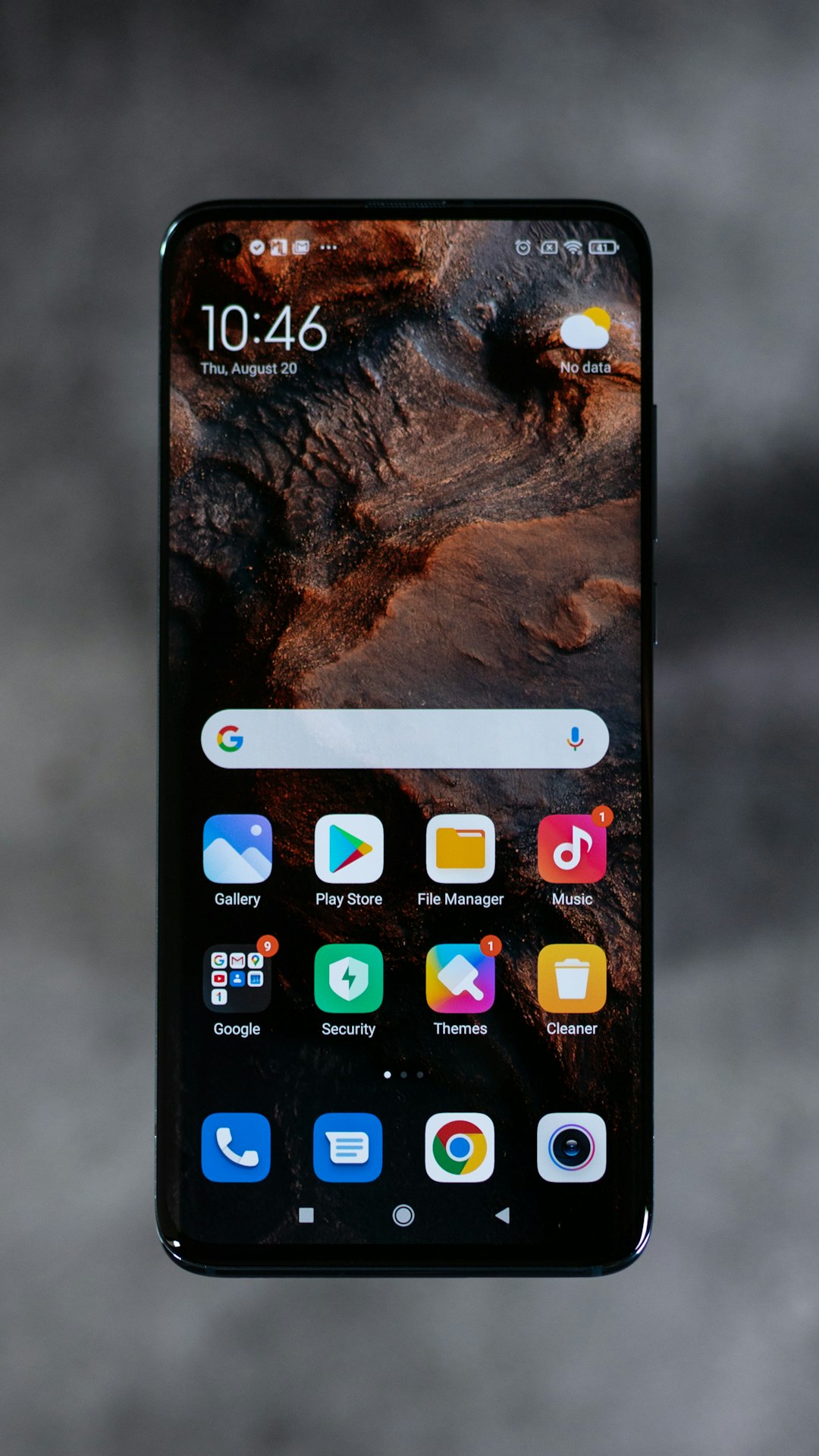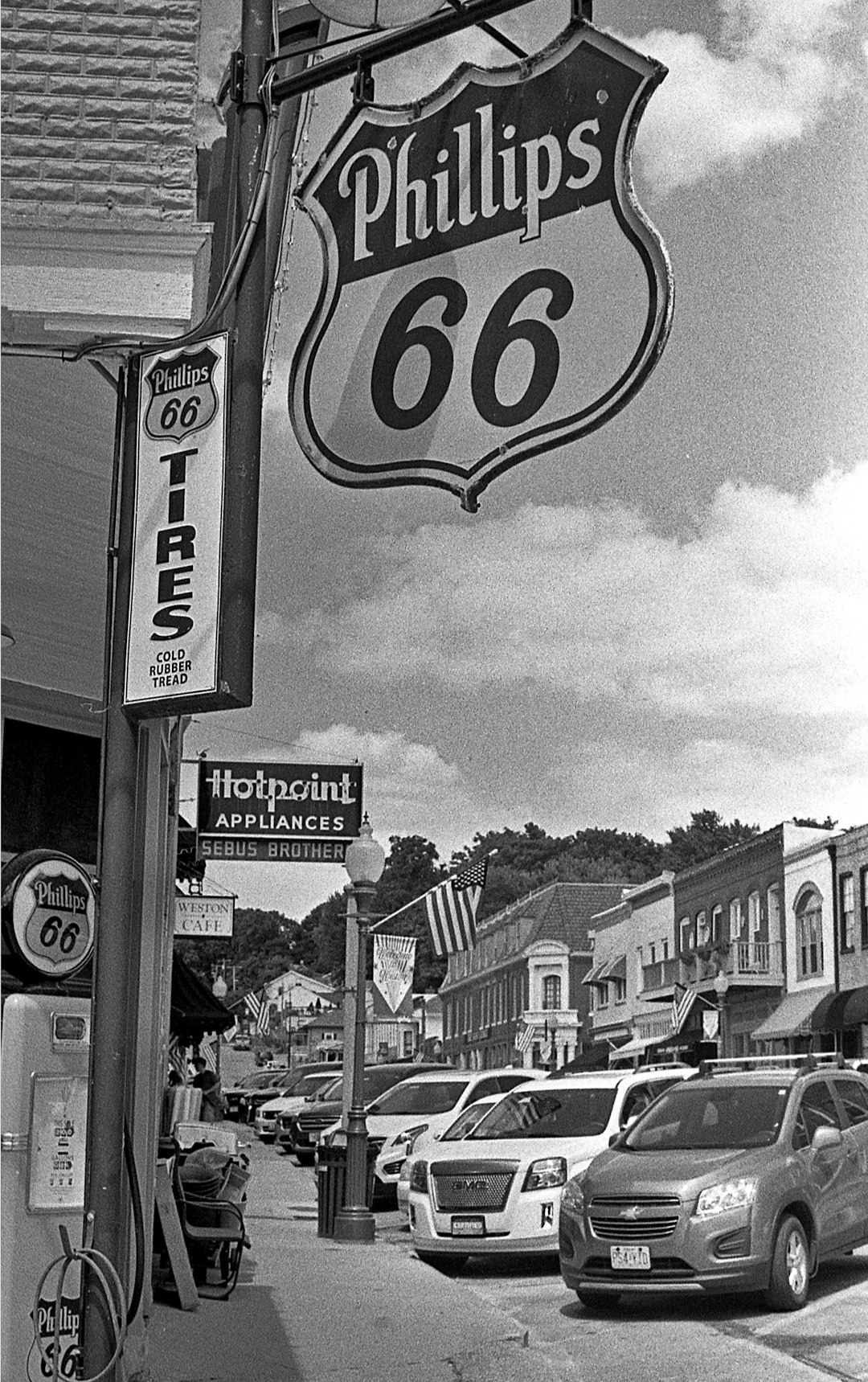Neighborhood spoofing, a type of call spoofing, tricks recipients into answering local numbers displayed on caller ID, evading spam call laws in Missouri. Spammers use sophisticated tech to forge local numbers, causing trust erosion and stress for residents. Missouri's strict consumer protection laws penalize businesses engaging in such tactics, with specialized law firms enforcing spam call laws. Local area code robocalls pose widespread nuisance, complicating regulator efforts to trace callers. Enhanced anti-spam measures are needed to protect consumers from these intrusions, impacting spam call law firms operating within the state.
“Neighborhood spoofing, a cunning tactic employed by robocallers, has become a growing nuisance in Columbia, Missouri, and beyond. This technique involves masking automated calls as local ones, often using numbers from nearby areas, to evade detection and increase the chances of successful deliveries. With Missouri’s stringent spam call laws impacting law firms’ communication strategies, understanding this form of spoofing is crucial. Explore how these practices work, their implications for residents and legal entities, and the role of state-level legislation in combating this modern communication challenge.”
Understanding Neighborhood Spoofing: The Basics Explained

Neighborhood spoofing is a deceptive practice that has become increasingly prevalent in today’s digital age, particularly with regard to robocalls. It involves manipulating caller ID information to display local or familiar phone numbers, often from within the recipient’s own area code, in an attempt to trick individuals into answering. This technique is legally known as “call spoofing” and falls under the category of telemarketing fraud, which is a violation of Missouri’s strict spam call laws.
By using sophisticated technology, spammers can forge these local numbers, making it seem like the call is coming from a trusted source within their community. This is particularly bothersome as it erodes trust in communication systems and can lead to increased anxiety and frustration among residents who are constantly bombarded with unsolicited calls. Missouri’s consumer protection laws aim to combat this by penalizing businesses that engage in such deceptive practices, ensuring residents’ peace of mind and safety from fraudulent activities.
How Robocalls Use Local Numbers to Evade Detection

Robocalls exploiting local area codes, like those from Columbia, MO, have become a prevalent annoyance for many. This tactic is not merely an attempt to trick recipients into answering; it’s a means to evade detection by spam call law firms in Missouri and elsewhere. By appearing as local calls, these automated messages bypass some caller ID filtering systems designed to block unwanted numbers.
Additionally, using local numbers provides a layer of anonymity for the callers, making it harder for regulators to trace their origins. This abuse of the telephone system underscores the need for more robust anti-spam measures and stricter enforcement of existing regulations to protect consumers from these intrusions.
Missouri's Spam Call Laws and Their Impact on Law Firms

Missouri has stringent laws in place to combat spam calls, including those originating from law firms. These regulations have a significant impact on legal professionals, as they must adhere to strict guidelines to avoid penalties. The state’s Spam Call Laws aim to protect consumers by limiting unsolicited phone marketing, ensuring that calls are made with explicit consent. Law firms operating in Missouri need to implement robust practices to verify consumer agreement before making any robocalls, including those for legitimate legal services.
Non-compliance can lead to substantial fines, damaging the reputation of law firms and impacting their business operations. As a result, many legal practices are investing in advanced call tracking systems and consumer data management software to effectively manage and record consent, ensuring they remain compliant with Missouri’s Spam Call Laws while delivering essential legal services to their clients.






